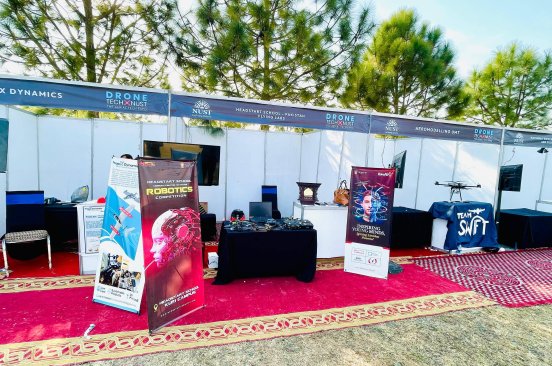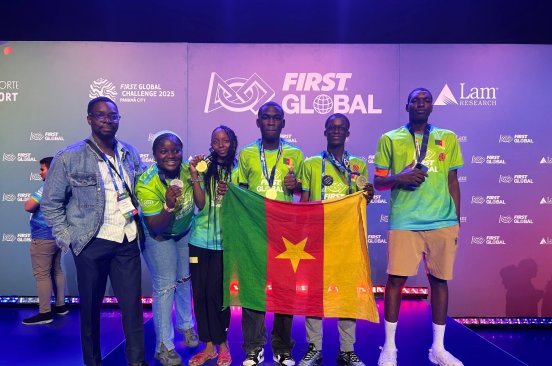
Flying Labs Namibia (FLN) and the UN World Food Programme (WFP), Developing Capacity Through Remote Pilot and Precision Agriculture Training
The training was aimed empowering local civil servants and professionals with the skills to leverage drones in the wake of climate change and food insecurity.
November 13th, 2023
Flying Labs Namibia (FLN), together with other local and international organisations; implements projects that positively impact the lives of Namibians in the agriculture, development, education, environmental, healthcare and humanitarian aid sectors; and the United Nations World Food Programme (WFP) in Namibia is one such partner that renders such amazing work possible. The WFP, is a 2020 Nobel Peace Prize Laureate and the world’s largest humanitarian organisation; saving lives in emergencies and using food assistance to build a pathway to peace, stability and prosperity for people recovering from conflict, disasters, and the impact of climate change.
 Group photo upon completion of training
Group photo upon completion of training
FLN together with WFP in Namibia organised a three-week training on drones and precision agriculture at the Lucius Sumbwanyambe Mahoto Correctional Services Training College, in Omaruru, Namibia; which was aimed at capacity development, in order to empower local civil servants and professionals, with the necessary skills needed to leverage drone technology in the wake of climate change and food insecurity. WFP Namibia's Country Strategic Plan (CSP) emphasises capacity development for government and recognises digital transformation as an enabler in addressing food and nutrition security, youth and women unemployment, supporting smallholder farmers, as well as helping communities prepare for and cope with climate-related shocks.
A total of twenty-eight people were trained over an eighteen-day period, and these participants were from the Ministry of Agriculture, Water and Land Reform (MAWLR), the Ministry of Environment, Forestry and Tourism (MEFT), as well as the Ministry of Home Affairs, Immigration, Safety and Security (MHAISS)—Namibian Correctional Service (NCS). The training was sponsored by WFP, NCS, as well as FLN.
 Theoretical knowledge training
Theoretical knowledge training
The first week focused on remote pilot theoretical knowledge, the second week on data collection and processing and how to use drones for precision agriculture, and the final week on practical drone operations. Participants were divided into two groups; and group projects aligned with the professional backgrounds of the participants were elected, progressively built on, and finally presented at the closing ceremony. The projects looked at how drones could be used to combat the effects of swarming desert locusts; as well as the role of drones in effective and efficient land use management and planning, respectively.
 Group presentation on combating effects of desert locusts through efficient drone scouting
Group presentation on combating effects of desert locusts through efficient drone scouting
This training sparked critical analyses and conversations regarding innovation in the field of drone technology, as well as for social good; and FLN will continue to support the project stakeholders in implementing their perceived solutions through the various identified use cases. FLN’s partnership with WFP in Namibia, as well as other relevant stakeholders; enables acceleration of the proficiency of professionals in the unmanned aviation sector, and hastens the growth of such like local businesses and entrepreneurs through shared experiences, imparted expertise, guided capacity building, as well as the development of opportunities through concerted projects and stimulation of an empowering ecosystem in Namibia.
Thank you to all the sponsors for making this training a success, and to all the participants for your hard work over the three weeks!
Category(s)
Recent Articles
View All »

Team Cameroon's Road to Victory at the First Global Robotics Competition 2025
